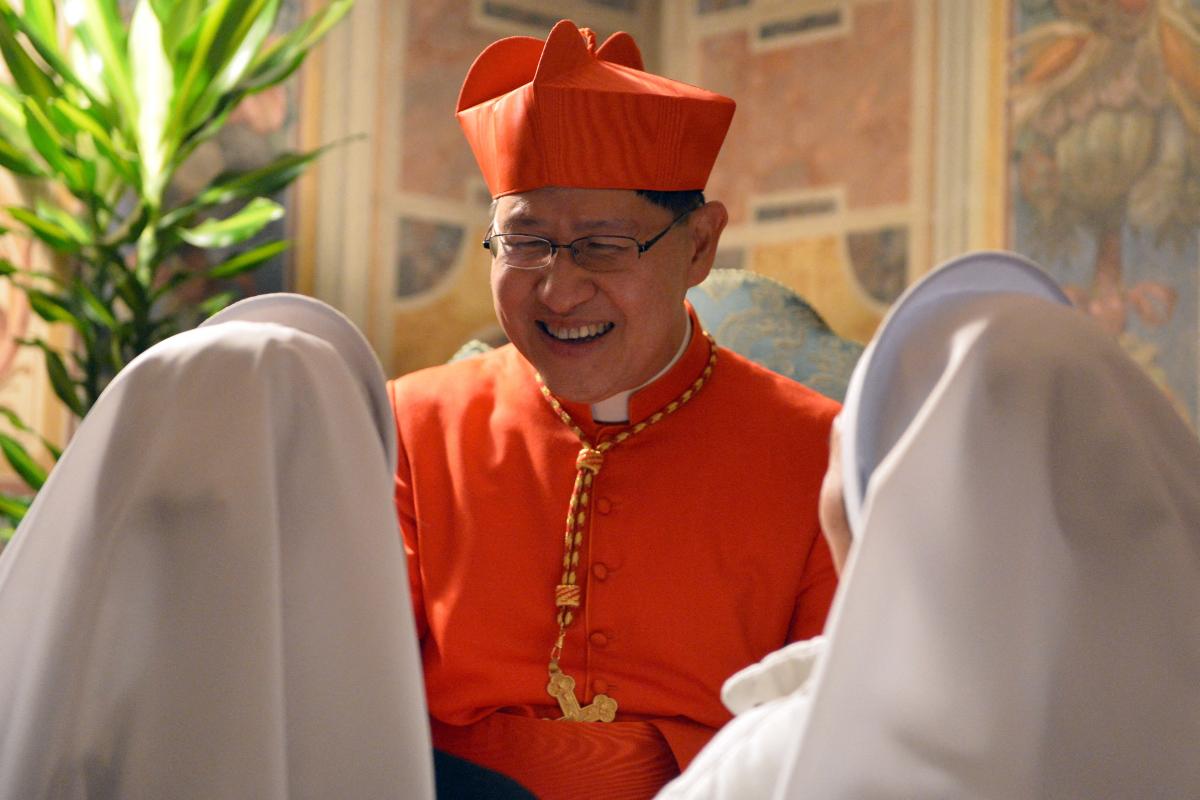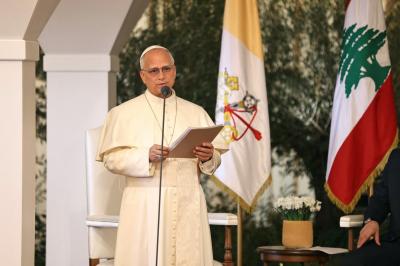Let us introduce one of the possible successors to Pope Francis. Today, we focus on the Filipino Luis Antonio Tagle, one of the candidates favored by those who wish to continue Francis's pontificate.
Origins and Education
Luis Antonio Tagle was born in Manila, Philippines on June 21, 1957, into a modest Catholic family. Initially drawn to medicine, he eventually chose the religious path and became a priest in 1982. He pursued advanced theological studies in the United States, earning a doctorate with a thesis on episcopal collegiality according to the Second Vatican Council—a central theme in the modern Church.
A Rapid and Prestigious Path
Tagle gained recognition in theological circles and joined the International Theological Commission in 1997, then led by Cardinal Joseph Ratzinger (the future Benedict XVI). He was appointed bishop in 2001 by John Paul II, then archbishop of Manila in 2011 by Benedict XVI, and finally cardinal in 2012. He later became Prefect of the Congregation for the Evangelization of Peoples, a strategic position in Rome.
A Man Close to the People and Pope Francis
Nicknamed the "Asian Francis," Tagle embodies an open Church, close to the poor, engaged in interreligious dialogue and major social issues (ecology, migration, justice). Comfortable with youth and the media, he often uses video and television to share the teachings of faith in a simple and lively way. Known for his emotional nature, he has shed tears during significant moments and is not afraid to dance during liturgical celebrations.
A Respected Yet Criticized Figure
Tagle is considered an excellent communicator, an accessible theologian, and a man of the field—valuable qualities for a future pope. However, his leadership at Caritas Internationalis ended poorly due to management issues that led Pope Francis to place the organization under supervision. His strong closeness to Francis may also hinder support from those seeking a shift in direction.
Strengths
- Experience in the Roman Curia and Asian Churches.
- A man of dialogue, highly appreciated by youth and progressive circles.
- Solid theological knowledge and ability to make faith accessible.
Weaknesses
- Sometimes seen as too emotional or fragile for such a demanding role.
- Doubts about his managerial skills.
- Very close to the current line, which could deepen divisions within the Church.
Please post your comments on:
[email protected]
 Politics
Politics













